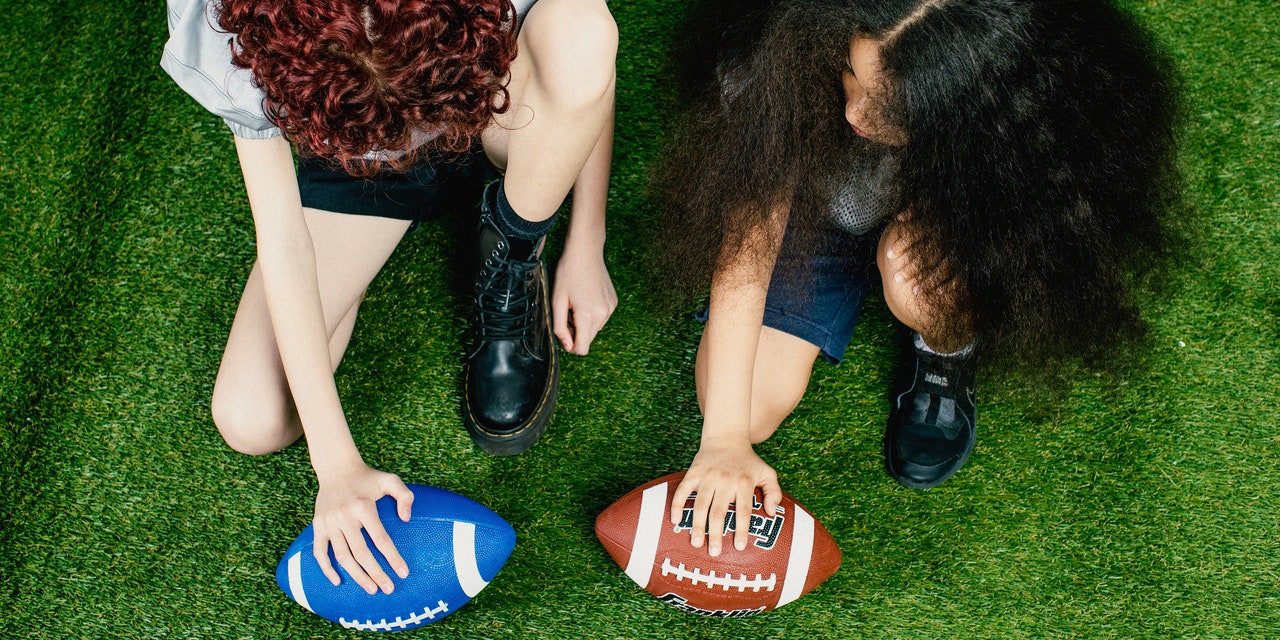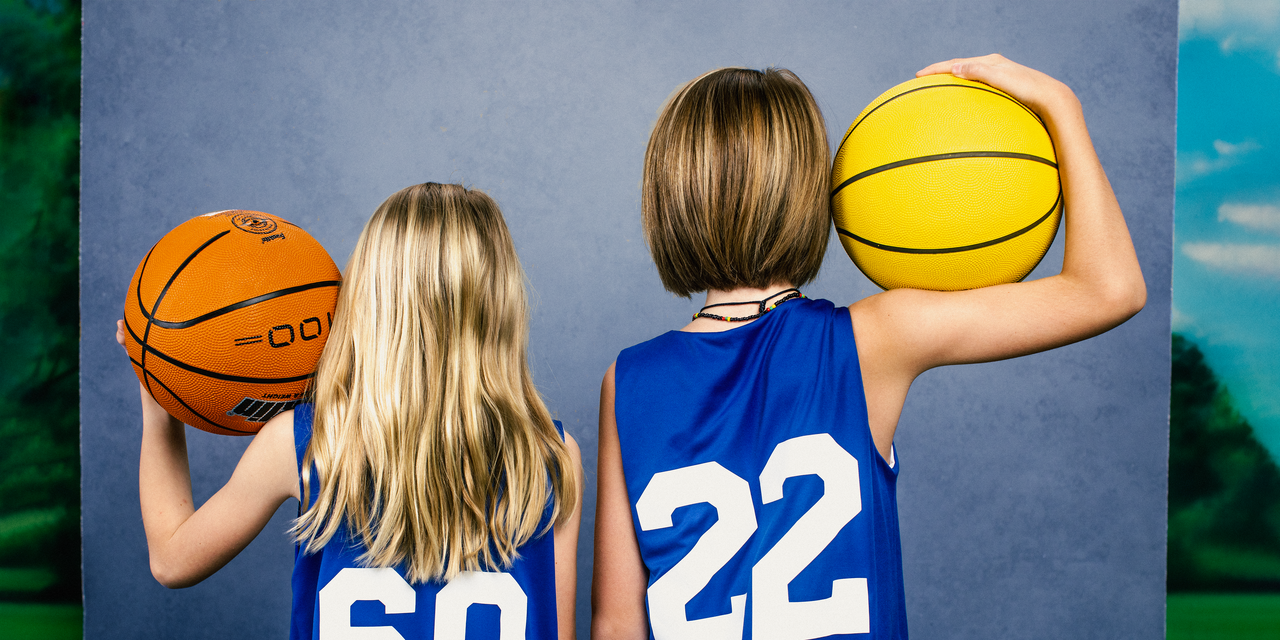SELF talked to five young people whose stories are noteworthy not only because they offer a counter narrative to the fearmongering and misinformation, but also because they show that trans kids who play sports are simply kids who play sports. The teens who spoke to us shared how they fell in love with the game—with the thrill of competition, the camaraderie, the challenge of learning new skills, or any of the other many benefits playing sports provides.
While most of these stories are positive, we would have been remiss to ignore the reality that many trans youth are currently facing in this country—one of pushback, roadblocks, and outright participation bans. The stories we feature here reflect the full spectrum of experiences trans kids are having on the playing field, focusing on the good while acknowledging the ugly.
Most importantly, these stories reflect what it actually looks like when trans youth are allowed to participate in the sports they love. They aren’t breaking records or taking spots from cis kids; they might not even be the best player on their team. They just…go to practices, compete, and come home and do their school work. They win, they lose, they learn, they grow, just like all kids do.
Sivan, 18, Massachusetts
Sivan has been playing sports for most of his life. There was a time during elementary school when he was playing year-round soccer, basketball in the winter, baseball in the spring, and running track. Eventually, the demands of both school and athletics increased and he had to pick one to focus on. The choice, for him, was never going to be a hard one to make—soccer was his favorite.
“I like a lot of things about soccer, from the feeling that I get when I’m playing to the feeling of belonging that the game really provides,” Sivan said. “But I think what I really love most about soccer is how much I’ve learned.”
READ RELATED: I was the most injured female survivor of 7/7 – and I wouldn’t change a thing about my life
Yes, he’s talking about the different skills that he’s picked up and how to get the most power behind a kick and the ability to be aware of where all of his teammates are on the field at any given time. But he’s also talking about so much more than that. Soccer, and sports in general, teach us how to handle loss.
“Through playing sports, you’re going to learn that in life, you can’t and won’t always win,” he said. “But after every loss, you have to get back up and train even harder and come back even stronger together as a team. And soccer teaches you part of the basics of life, hard work and discipline, and dedication, and all while having fun at the same time.”
Sivan was what most people would call a shy kid; sports gave him more confidence. “In the classroom, I might have been a little quieter, but on the field, I blossomed,” he said.
The best way Sivan’s parents supported him was, he said, really simple: “When I told them who I was, they just heard me and accepted me right from the start.” His folks explained their parenting philosophy to him, that their job is to support their children to live their happiest and most fulfilling lives, whatever that looks like. Sivan’s brothers—one twin and one older—were equally accepting and quick to have his back, stepping in to correct people when they used the wrong pronouns. The family wanted to make sure that Sivan didn’t have to experience the discomfort of having to correct people himself, especially when the switch was new.






